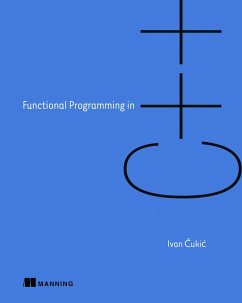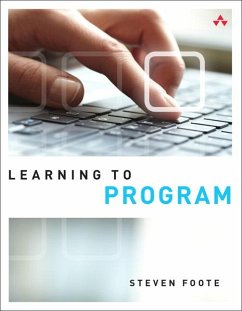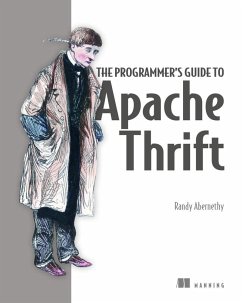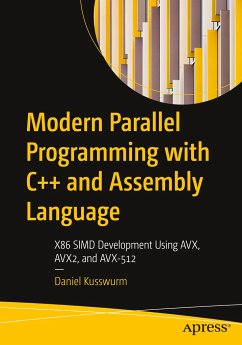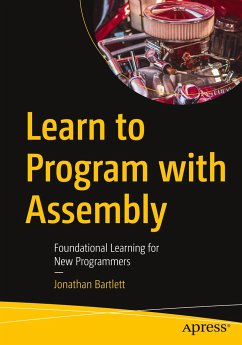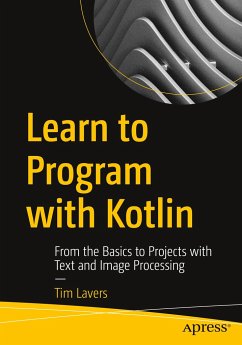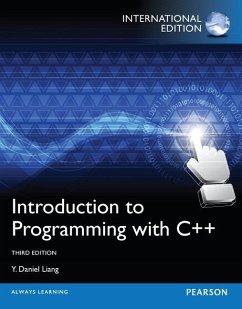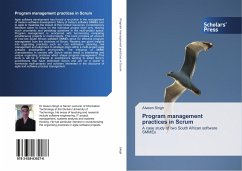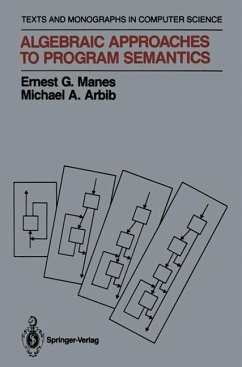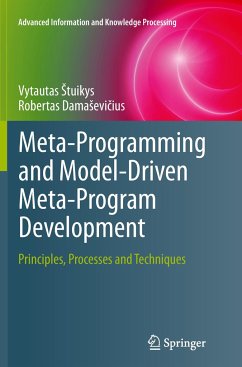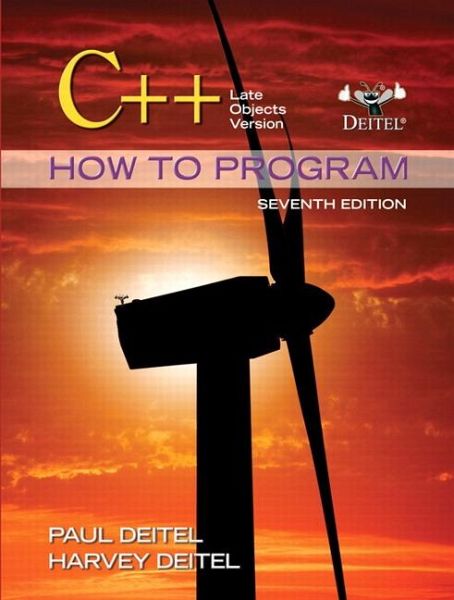
C++ How to Program
Late Objects Version
Versandkostenfrei!
Versandfertig in über 4 Wochen
220,99 €
inkl. MwSt.

PAYBACK Punkte
110 °P sammeln!
For Introduction to Programming (CS1) and other more intermediate courses covering programming in C++. Also appropriate as a supplement for upper-level courses where the instructor uses a book as a reference for the C++ language.This best-selling comprehensive text is aimed at readers with little or no programming experience. It teaches programming by presenting the concepts in the context of full working programs and takes a late objects approach. The authors emphasize achieving program clarity through structured and object-oriented programming, software reuse and component-oriented software ...
For Introduction to Programming (CS1) and other more intermediate courses covering programming in C++. Also appropriate as a supplement for upper-level courses where the instructor uses a book as a reference for the C++ language.
This best-selling comprehensive text is aimed at readers with little or no programming experience. It teaches programming by presenting the concepts in the context of full working programs and takes a late objects approach. The authors emphasize achieving program clarity through structured and object-oriented programming, software reuse and component-oriented software construction. The Seventh Edition encourages students to connect computers to the community, using the Internet to solve problems and make a difference in our world. All content has been carefully fine-tuned in response to a team of distinguished academic and industry reviewers.
The Late Objects Version delays coverage of class development until Chapter 9, presenting control statements, functions, arrays and pointers in a non-object-oriented, procedural programming context.
This best-selling comprehensive text is aimed at readers with little or no programming experience. It teaches programming by presenting the concepts in the context of full working programs and takes a late objects approach. The authors emphasize achieving program clarity through structured and object-oriented programming, software reuse and component-oriented software construction. The Seventh Edition encourages students to connect computers to the community, using the Internet to solve problems and make a difference in our world. All content has been carefully fine-tuned in response to a team of distinguished academic and industry reviewers.
The Late Objects Version delays coverage of class development until Chapter 9, presenting control statements, functions, arrays and pointers in a non-object-oriented, procedural programming context.



